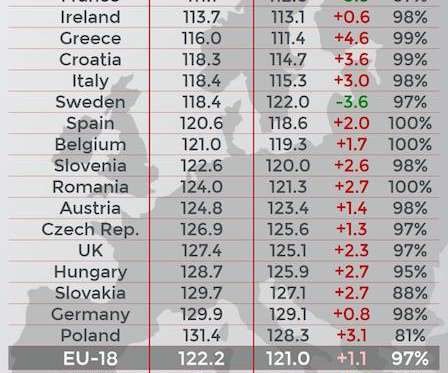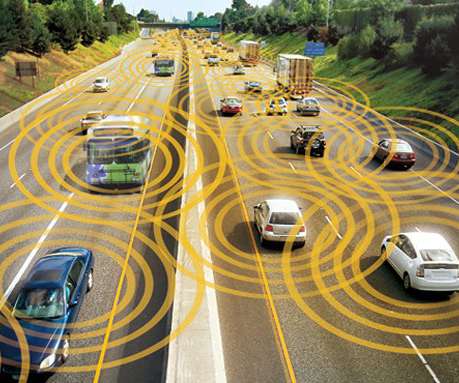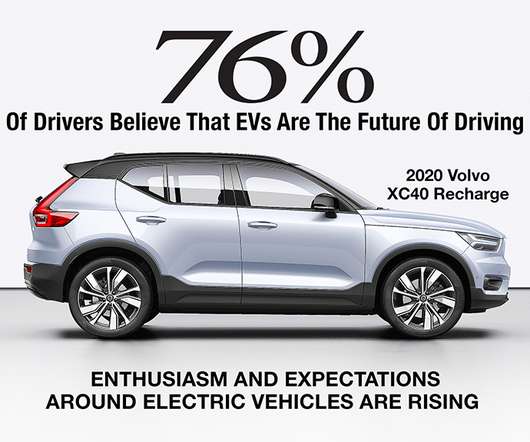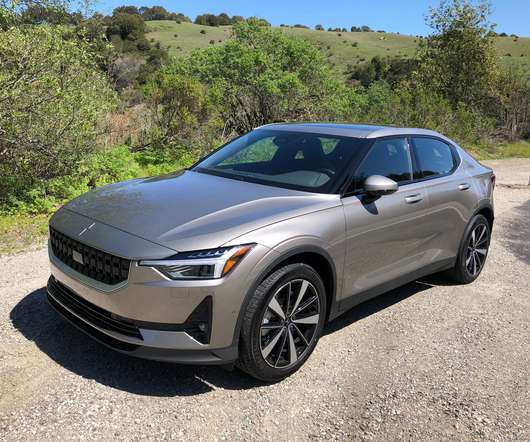EEA: no improvements on average CO2 emissions from new cars registered in 2017 in Europe
Green Car Congress
APRIL 25, 2018
Efforts to improve the fuel efficiency of new cars sold in the European Union (EU) stalled in 2017 compared to 2016, according to provisional data published today by the European Environment Agency (EEA). While past years have seen steady declines, new passenger cars registered in 2017 emitted on average 0.4 A total of 15.1


















Let's personalize your content